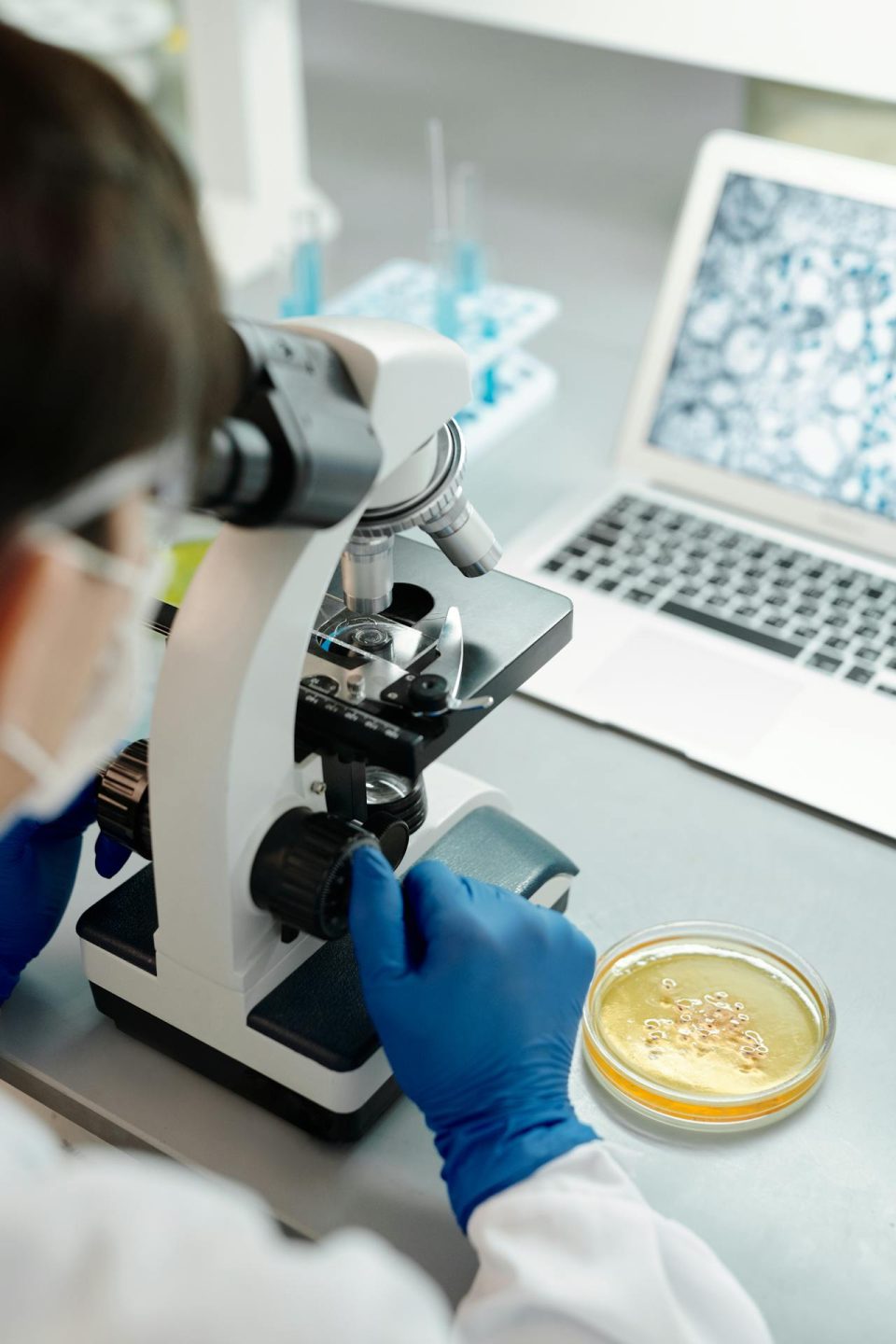Reneo Pharmaceuticals, a leading pharmaceutical company specializing in therapies for rare genetic mitochondrial diseases, revealed on Thursday its decision of 70% workforce reduction and initiate cost-cutting measures. The announcement comes in the wake of the disappointing outcomes of a pivotal trial for its mitochondrial myopathies treatment, mavodelpar.
The California-based company, which had closed Wednesday’s trading at $7.75 per share, witnessed a substantial decline in its stock value, plunging to $1.36 as trading commenced post-announcement.
At the time of this publication, Reneo Pharmaceuticals Inc stock (RPHM) has witnessed a decline.
Reneo Pharmaceuticals Inc
Current Price: $1.08
Change : -6.67
Change (%): (-86.06%)
Volume: 10.8M
Source: Tomorrow Events Market Data
The trial in question focused on mavodelpar’s efficacy in treating adult patients with primary mitochondrial myopathies, a subset of mitochondrial diseases associated with muscle-related issues. The study failed to meet both its primary and secondary efficacy endpoints. Specifically, the primary endpoint, which measured a change from baseline in the distance walked during a 12-minute walk test at week 24, was not achieved. Additionally, the secondary endpoint, assessing a change from baseline in a short-form fatigue test, also proved unsuccessful.
In response to these setbacks, Reneo Pharmaceuticals outlined immediate cost-saving initiatives including a substantial reduction in its workforce and the suspension of mavodelpar’s ongoing development. Chief Executive Gregory Flesher expressed his gratitude to the dedicated employees, acknowledging their unwavering contributions to advancing the understanding of mitochondrial diseases.
“While the results of the STRIDE study were disappointing, the data generated are vitally important to the scientific community. We commit to making these data available once the final analyses are complete,” Flesher stated.
Despite the setback, Reneo Pharmaceuticals maintains a strong financial position, boasting over $100 million in cash, cash equivalents, and short-term investments. The company’s leadership remains focused on navigating this challenging phase and exploring future opportunities in mitochondrial disease research and treatment development. Investors and stakeholders will be closely monitoring the company’s strategic moves in the coming months as it adapts to the evolving landscape of pharmaceutical research and development.

